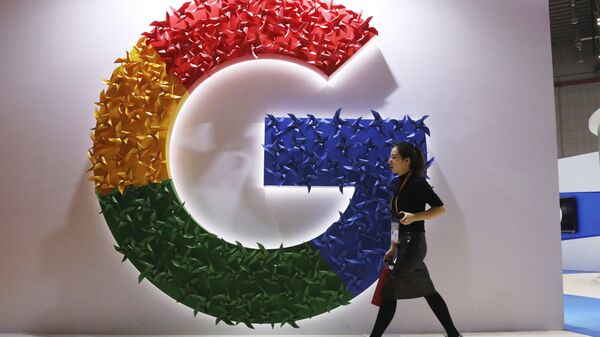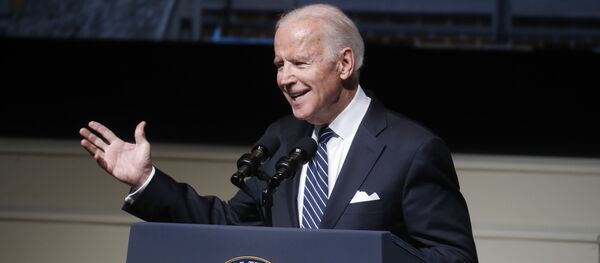Google's algorithm gives 86 percent of its Top Stories results to articles from just 20 outlets, with Democrat-leaning CNN, The New York Times and The Washington Post alone accounting for a whopping 23 percent of article impressions in the aggregator, a study published in the Columbia Journalism Review has revealed.
The study, created by researchers from Northwestern University, reached its conclusions after focusing on a single month, November 2017, and calculating which sources received favoured status among the 6,302 articles which appeared in Google's 'Top Stories' box that month.
The study found that CNN was the number one source, with a full 10.9 percent of all coverage, with NYT and WaPo in second and third place, with 6.5 percent and 5.6, respectively. Fox News, the main conservative outlet in the US, received just 3 percent of the top story spots.
Reuters, The Huffington Post, The Verge, Al Jazeera, The Hill and People made it into the top 20, with between 0.9 and 1.6 percent of top spots.
According to the researchers, 62.4 percent of the stories which made it into Top Stories were from sources that were liberal-leaning, with 11.3 percent coming from conservative-leaning sources. The remaining 26.3 percent were from sources not rated on the left-right spectrum.
Nicholas Diakopoulos, the study's coauthor, said at first it seemed as though the bias could have come from left-leaning resources' tendency to pump out more news articles.
"We confirmed this by searching the GDELT Project database of news articles for the same queries we used to audit Google. In GDELT there were 2.2 times as many articles from left-leaning sources as right-leaning sources," Diakopoulos wrote.
However, this hypothesis was soon challenged, with researchers finding that "in Google Top Stories that ratio was 3.2, indicating that the curation algorithm was slightly magnifying the left-leaning skew in comparison to the GDELT baseline," Diakopoulos added.
"As much as our results help better describe Google's curation of news, what our study decidedly cannot say is why some sources dominate on Google. Perhaps some outlets have cracked the SEO code for Top Stories. Or there may be a number of other factors taken into account by Google's algorithm that ended up prioritizing certain outlets over others. We just don't know unless Google is more transparent with the editorial design and goals of news curation in the Top Stories box," the academic stressed.
Diakopoulos added that what is known is that Google's algorithm "converts to real and substantial amounts of user attention and traffic," making their selection in the Top Stories box and which outlet wrote them extremely powerful.
"If they are serious about supporting digital-first newsrooms, algorithmic news curators, including Google and others, might be more explicit in articulating the inherent design tradeoffs between the relevance desirable for individuals, the diversity desirable for society or democracy, and the fair competition desirable for news organisations," Diakopoulos concluded.
Google has always denied that it operates according to a specific political bias and has maintained that its Top Stories are chosen autonomously by an algorithm that detects popularity.
Last month, a group of Republican Senators accused Google, Facebook and Twitter of an anti-conservative bias, and charged them with abusing a de-facto monopoly to exert censorship.





